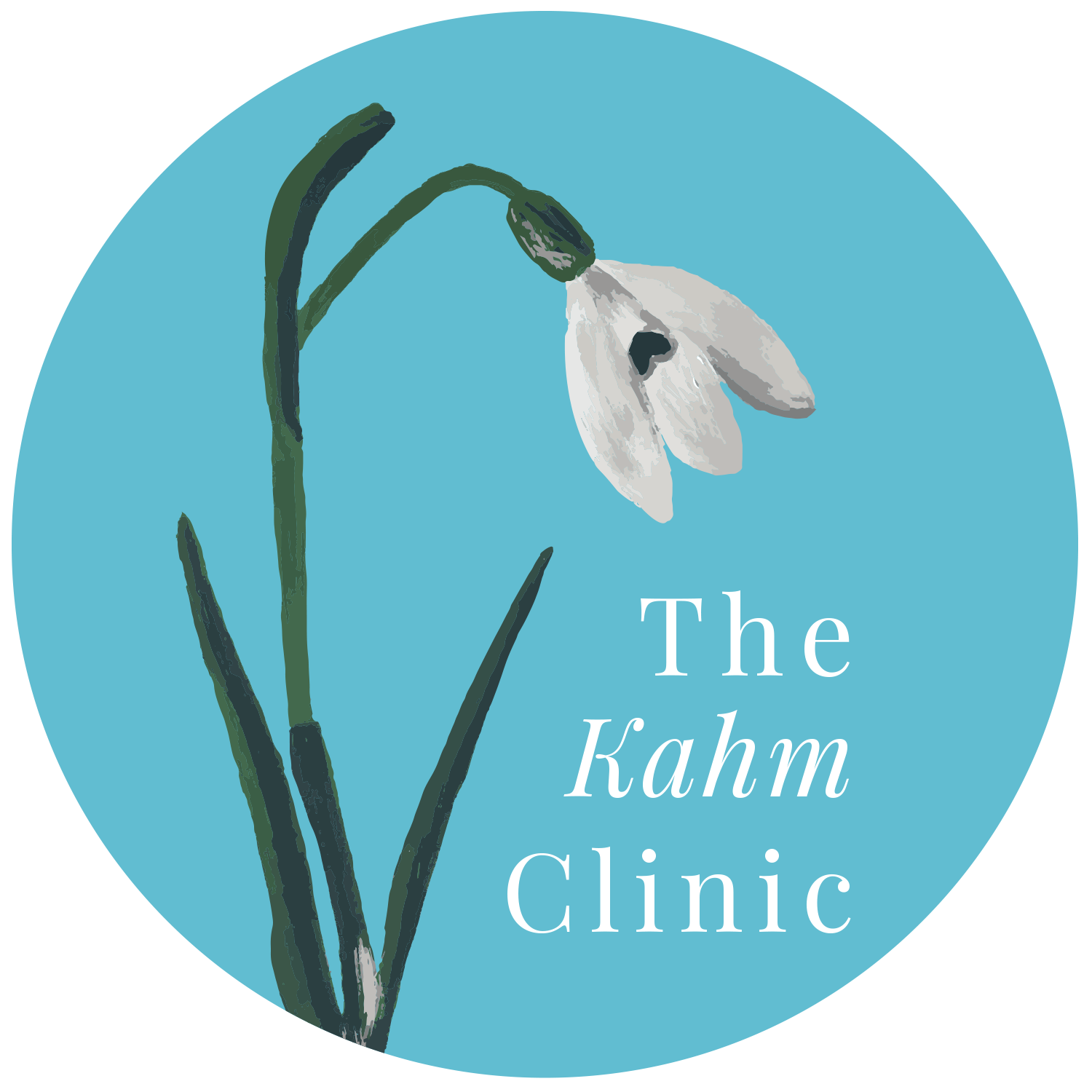What is Metabolic Testing?
If you’re eager to learn about nutrition and your health, then you might be interested in metabolic testing. At The Kahm Clinic, we are experts in metabolic testing and believe in the proven results. Before you make any decisions in regards to your health, it is important to understand the process. Read on for additional information.
What is metabolic testing?
The simple definition is that metabolic testing will measure how effectively your body burns calories and uses oxygen. The test will provide data during your natural resting state as well as during a variety of activities. Multiple tests are completed and the results provide you with information on your calorie burning capacity.
How does The Kahm Clinic utilize metabolic testing?
Metabolic Testing measures how many calories someone is burning, and enables us to see if they are burning more or less than they should. When a person is underfed, it also measures how much lean mass (muscles, brain, organ tissue, etc.) is being used to fuel the body. In slightly more technical terms, metabolic testing measures an individual's metabolic rate by determining the Actual Resting Energy Expenditure (AREE), namely, the amount of calories burned while in resting state. It does this by measuring oxygen and carbon dioxide exchange, a process called indirect calorimetry. During the testing procedure, an individual reclines and breathes under a lightweight canopy hood for 20-30 minutes. Immediately after the procedure, the nutritionists analyzes the AREE alongside the PREE (predicted resting energy expenditure) to assess if the body is burning the amount of calories it should (a normal metabolism), fewer calories than it should ( hypometabolic), or more calories than it should (hypermetabolic).
Unlike almost all other metabolic machines, the one we use at The Kahm Clinic also measures the three kinds of fuel that your body uses, namely, fat (stored body fat), carbohydrates (in your blood-sugar), and protein (from your muscles and organs). The metabolic test is done after you have fasted and burned through all of your regular food and it sees what you burn when you have nothing left in the tank. If you are burning more or less of any of these, it means that you are not metabolizing or burning these fuels right, even with a full tank. If too little of your energy in this state is coming from fat, it means that your body is storing fat because it’s underfed or because you are not eating the right amount of food at the right times. If you are burning fat appropriately, your body is nourished enough to use your fat for fuel/energy. As the metabolic test is done (ideally) after an overnight fast, and your body burns through its carbs pretty quickly, we should see that that you are burning a low percentage of carbohydrates in this state. If this percentage is higher, it indicates that you are not metabolizing your carbohydrates efficiently and there is an increased risk for insulin resistance, prediabetes, metabolic syndrome, etc. If you are burning more protein than you should, it means that you are using your body’s protein (muscles and organs) to fuel yourself because you are not eating correctly – this is something that should be avoided at all costs.
While some other nutritionists have a metabolic test, there are only a handful of places in our country that have invested in this machine that measures how you are burning these different sources of fuel. This machine is complicated and it takes experience and substantial training to learn how to interpret the data in a useful manner. Furthermore, measuring your metabolism and tracking it and measuring your fat and lean tissue and carefully tracking that is not an optional add-on to our nutritional counseling, as it is with most nutritionists. For us, it is utterly central and crucial to what we do – we have seen so much progress with our clients over the years that we could never go back to working without them.
Can metabolic testing help you lose weight?
On its own, the information you receive from metabolic testing may not mean much to you. The experienced nutritionists and team members at The Kahm Clinic will utilize the information to help guide you on your weight management path, and, if indicated, to help you lose weight more effectively.
When we conduct these tests, we can work out how many calories you typically burn every day while you’re resting. We combine this with estimations of how many calories you burn during exercise, and it helps us figure out how to best manage your nutrition.
For more information on weight management at The Kahm Clinic, please visit here.

